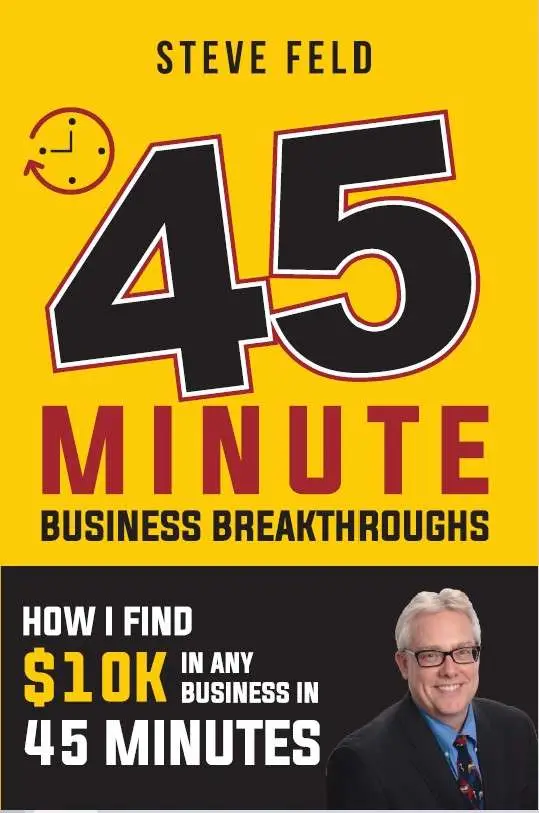“How to Maximize Earnings from Every Hour You Work”
Let’s dive into one of your most precious yet underappreciated resources: your time.
We’ve all been conditioned to believe that success requires long, hard hours. But by the time you finish this article, it will be clear:
That’s not true at all.
The secret isn’t in working harder—it’s in working smarter.
Let me share an effective strategy to leverage your time and maximize your results. Whether you’re in sales, running a small business, or just trying to reclaim your life, these principles will transform the way you think about productivity and success.
The Myth of Hard Work:
How many times have you said, “I work so hard; I should be a millionaire by now,” or “My competitors must be cheating—they’re making more while I’m working three times as hard”?
If this resonates, here’s the truth: hard work alone doesn’t equate to success.
Michael Gerber, in his bestselling book The E-Myth, explains why most entrepreneurs fail. His insights are revolutionary, and if you haven’t read this classic yet, I urge you to grab a copy.
Here’s a summary of Gerber’s key lessons:
- Most Business Owners Are Technicians, Not Entrepreneurs.
Many employees leave their jobs thinking, “I could do this better on my own.” They start businesses but end up creating a job for themselves instead of building a company. They work harder and earn less because they take on all roles—sales, admin, operations—without a strategic plan. - Work ON Your Business, Not IN It.
Success demands that you focus on the core value-driving activities—like acquiring and retaining customers. Administrative tasks, bookkeeping, and answering phones can and should be delegated. - Systems Are the Backbone of Every Successful Business.
Every business, large or small, thrives on well-designed systems. Think of McDonald’s. Their systems are so refined that a new franchisee can replicate the exact same experience anywhere in the world.
If your business doesn’t have predictable systems, it will be plagued by chaos and inconsistency. Start building an operations manual that outlines step-by-step instructions for every repetitive task. This way, when you bring on team members, they’ll know exactly what to do with minimal training.
What Is “Money-Leverage”?
Marketing legend John Carlton coined the term “money-leverage.” It refers to the practice of squeezing the maximum financial return from every hour you work.
The key is differentiating between $10/hour work and $200/hour work.
For instance, when you’re ordering supplies, answering phones, or updating spreadsheets, you’re essentially paying yourself $10/hour. That’s time you could have spent on high-value activities like closing sales, negotiating deals, or building partnerships—tasks that could generate $200/hour or more.
“But I Can’t Afford to Delegate!”
If this thought crossed your mind, think again. Every hour spent on $10/hour tasks is an hour lost doing $200/hour work. You’re not saving money by doing everything yourself; you’re losing money—often thousands of dollars a month.
Here’s how to shift your mindset:
- Identify the Two Types of Work in Your Business:
- Money Dissipaters: Administrative tasks like bookkeeping, errands, and answering emails. These are essential but don’t directly generate revenue.
- Money Makers: Activities like sales, marketing, and client retention. These are your $200/hour tasks.
- Offload Money Dissipaters:
Hire virtual assistants, freelancers, or part-time employees to handle routine tasks. Platforms like Upwork and Fiverr make outsourcing more accessible than ever. - Focus Exclusively on Money Makers:
Spend your time on activities that directly impact your bottom line—like developing marketing campaigns, meeting clients, or refining your sales process.
Real-Life Application: From Struggling Startup to Nationwide Success
In one of my businesses, I did everything myself. I thought I was saving money by wearing all the hats. But I was stuck, overworked, and underpaid.
Everything changed when I started asking one simple question:
“Can someone else do this better and cheaper than I can?”
If the answer was yes, I delegated it.
That decision transformed my business. I stopped burning time on low-value tasks and focused exclusively on growth and customer acquisition. As a result, I scaled my business from a small local operation to a nationwide company.
Implement “Operation Money-Leverage”
Here’s your roadmap to working smarter:
- Systematize: Create an operations manual for every repetitive task in your business. This ensures consistency and reduces reliance on you.
- Delegate: Outsource anything that isn’t a $200/hour task. Pay someone else $10-$20/hour to handle it so you can focus on generating real revenue.
- Reframe Your Mindset: Every time you find yourself doing low-value work, think:
“I’m burning $200 bills right now.” - Track Your Time: Use tools like Toggl or Clockify to monitor how you spend your workday. Identify tasks to delegate and reallocate your time to money-making activities.
The path to success isn’t about working harder; it’s about working smarter. Master the art of money-leverage, and you’ll unlock the full potential of your time and business.
Stop saying, “I work so hard, I should be a millionaire,” and start building systems, delegating tasks, and focusing on what truly drives growth.
That’s how you transform your business—and your life.
#bizcoachstevef #business #stevefeld #smallbusiness #smallbiz #entrepreneur #marketing #leadership #coaching #businessowner #businesscoach #businesssuccess #businesscoaching #businesstips #entrepreneurship #success #entrepreneurlife #keynotespeaker #podcast #author #smallbusinessowner #speaker



